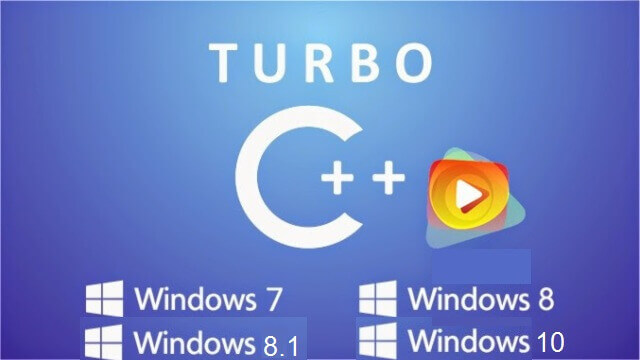Turbo C++ (purported "see in addition to in addition to") is a statically wrote, freestyle, multi-worldview, incorporated, broadly useful programming dialect. It is viewed as a middle level dialect, as it involves both abnormal state and low-level dialect highlights. Created by Bjarne Stroustrup beginning in 1979 at Bell Labs, C++ was initially named C with Classes, including object situated elements, for example, classes, and different upgrades to the C programming dialect. The dialect was renamed C++ in 1983, as a quip including the augmentation administrator.
C++ is a standout amongst the most mainstream programming dialects and is actualized on a wide assortment of equipment and working framework stages. As a productive compiler to local code, its application areas incorporate frameworks programming, application programming, gadget drivers, installed programming, superior server and customer applications, and stimulation programming, for example, computer games. A few gatherings give both free and restrictive C++ compiler programming, including the GNU Project, LLVM, Microsoft and Intel. C++ has extraordinarily impacted numerous other famous programming dialects, most remarkably C# and Java.
The dialect started as improvements to C, first including classes, then virtual capacities, administrator over-burdening, different legacy, layouts and exemption taking care of, among different components. Following quite a while of improvement, the C++ programming dialect standard was approved in 1998 as ISO/IEC 14882:1998. The standard was altered by the 2003 specialized corrigendum, ISO/IEC 14882:2003. The present standard developing C++ with new components was confirmed and distributed by ISO in September 2011 as ISO/IEC 14882:2011 (casually known as C++11).
To download the turbo c++ click the download button below:



